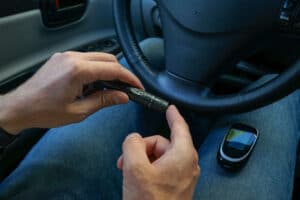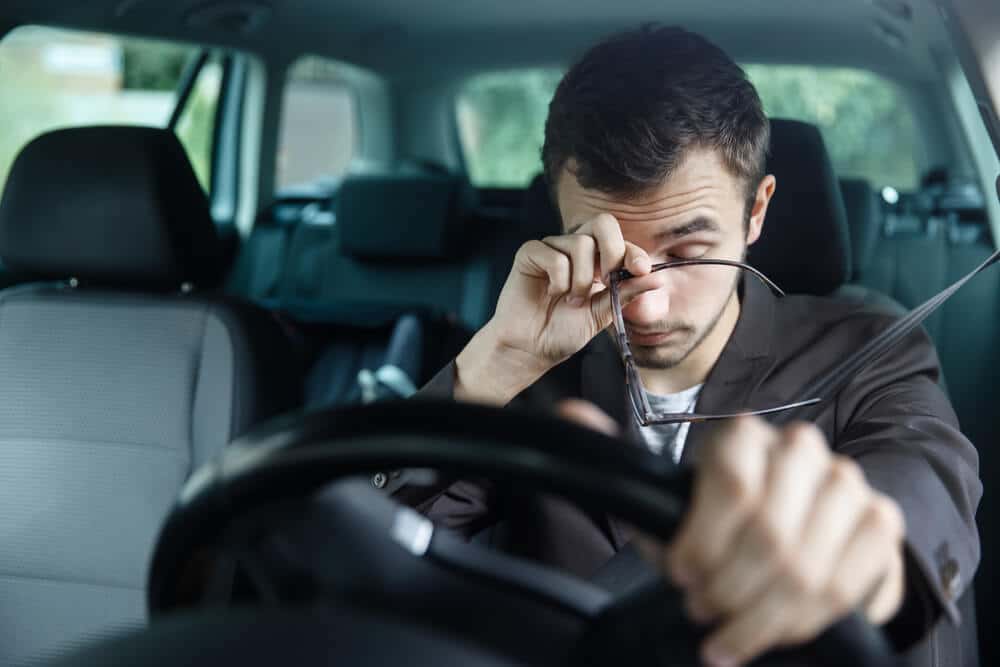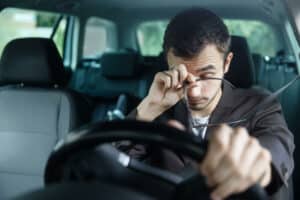Dealing with a Diabetic Event Resulting in a DUI in NJ
Sugar Issues May Cause Similar Effects to Being Intoxicated, but How Can You Prove You Were Not Under the Influence in New Jersey?

Diabetes as a Serious Health Issue in NJ and Across the Country
First, a word on diabetes. Diabetes is a condition that affects the body’s ability to turn food into energy in sustainable quantities. When food is converted into sugars to be delivered to the body’s cells, the pancreas is alerted to release insulin, which allows that sugar to enter the cells. In the absence of sufficient insulin, sugars do not sufficiently enter the cells, and too much remains in the bloodstream, causing various problems. The pancreas of a person with diabetes cannot create enough insulin, or the body cannot properly use it.
Two main types of diabetes exist. Type 1 diabetes is a chronic autoimmune condition in which the body is prevented from making insulin. People with Type 1 diabetes must take insulin regularly to function properly. There is no cure for Type 1 diabetes, which usually is diagnosed in childhood or young adulthood. The onset of Type 2 diabetes often occurs as a result of ongoing dietary habits such as eating too much sugar and processed foods and living a sedentary lifestyle. In the last two decades, the number of people with Type 2 diabetes has doubled, reflecting a consumer lifestyle that has moved away from fresh and healthy dietary options and active lifestyles. Type 2 diabetes is strongly connected with obesity. There is no cure for Type 2 diabetes, and it can only be prevented and then controlled with dietary and lifestyle shifts and medication.
Diabetics experience alterations in their blood sugar levels as uneven levels of insulin to process the sugar cause variability. A person with low insulin levels will experience high blood sugar. A person with high insulin levels will experience low blood sugar.
Why are Diabetes and DWI Cases Frequently Misunderstood?
When blood sugar gets low, symptoms can mirror those experienced by a drunk driver. These include dizziness, lethargy, slurred speech, anxiety or rapid heartbeat, sweating, and confusion. A person with low blood sugar is in immediate need of a concentrated sugar source to balance levels, but a law enforcement officer who pulls over or comes across such a person may mistake the symptoms for intoxication. In fact, because of similar chemical reactions in the body of a person with low blood sugar and an intoxicated person, following a concept of physics known as Henry’s Law that forms the basis of the breathalyzer test, a person with low blood sugar may even fail a breathalyzer test.
New Law Helps Identify Drivers With Diabetic Issues in NJ
In 2012, a law was passed that allows diabetics to have their status written on the back of their driver’s license. This allows an officer to know that symptoms of intoxication may actually be due to a medical emergency and provide proper support.
 Tips to Help Your Attorney Build a Strong Defense
Tips to Help Your Attorney Build a Strong Defense
In order to defend yourself if you have been charged with a DWI when in fact, you had a diabetic emergency, it is important that you provide evidence of your medical status. It is even a good idea to wear a medical bracelet and/or to identify your diabetic condition on your driver’s license. Medical records and medical providers’ testimony will also help build a strong case.
Get the Experienced Advice of Our Defense Lawyers when a Diabetic Emergency has been Confused with a DWI Offense in Brick, NJ
Because some of the symptoms and even the breathalyzer test can mirror blood intoxication, you need a skilled DWI attorney on your side to defend you against this serious charge that could have long-term consequences. At Bronzino Law Firm, we are devoted to defending the well-being of our clients and preserving their rights against falsely filed DWI charges in Tinton Falls, Bay Head, Brick, Holmdel, Manasquan, Belmar, Point Pleasant, Red Bank, Freehold, Manalapan, and across Ocean and Monmouth Counties. We have decades of experience, legal practice, and connections that help us build strong cases for our clients, and we will work tirelessly to get you the justice you deserve. Contact us today at (732) 812-3102 to set up a free and confidential consultation to discuss your case.


 Tips to Help Your Attorney Build a Strong Defense
Tips to Help Your Attorney Build a Strong Defense




